Podcast: Play in new window | Download (Duration: 26:35 — 18.4MB) | Embed
Subscribe: Apple Podcasts | Spotify | Amazon Music | Android | Pandora | iHeartRadio | JioSaavn | Podchaser | Gaana | Podcast Index | Email | TuneIn | Deezer | Anghami | RSS | More
The Urgency of Jesus’ Message to the World

Discerning Hearts Reflection Questions:
- How do you personally respond to the concept of urgency in Monsignor Esseff’s message? Do you feel a sense of immediacy in your own spiritual journey?
- Reflect on a time in your life when you felt a strong call or invitation from God. How did you respond, and what impact did it have on your spiritual life?
- Monsignor Esseff mentions the story of disciples abandoning their boats to follow Jesus immediately. Are there aspects of your life that you find challenging to let go of in order to follow Christ more closely?
- Consider the examples of individuals with hardened hearts, such as the reference to hating Protestants. Are there areas in your own heart that need conversion or a deeper openness to God’s love?
- How do you interpret the idea of union with Jesus in the context of this episode? What does it mean for you to be in intimate communion with Christ?
- Reflect on the personal anecdotes shared by Monsignor Esseff, particularly the experiences involving fire alarms and a plane incident. How do these stories resonate with your own understanding of responding to God’s call?
- In light of the urgency emphasized in the episode, are there areas in your life where you feel a need for repentance and a closer alignment with Jesus’ teachings?
- Consider the message of love and new life that Jesus brings. How can you practically open your heart to allow Jesus to bring about newness and transformation in your life?
- Saint Margaret Mary’s revelation involves feeling the thorns in Jesus’ heart. How does this imagery impact your understanding of the depth of God’s love? How can you draw closer to Jesus despite the challenges?
- Reflect on the final thought about the joy of hearing God’s voice and responding to it. What practices or attitudes in your life contribute to a joyful response to God’s call?
Gospel
After John had been arrested,
Jesus came to Galilee proclaiming the gospel of God:
“This is the time of fulfillment.
The kingdom of God is at hand.
Repent, and believe in the gospel.”As he passed by the Sea of Galilee,
he saw Simon and his brother Andrew casting their nets into the sea;
they were fishermen.
Jesus said to them,
“Come after me, and I will make you fishers of men.”
Then they abandoned their nets and followed him.
He walked along a little farther
and saw James, the son of Zebedee, and his brother John.
They too were in a boat mending their nets.
Then he called them.
So they left their father Zebedee in the boat
along with the hired men and followed him.
Msgr. John A. Esseff is a Roman Catholic priest in the Diocese of Scranton. Msgr. Esseff served a retreat director and confessor to St. Mother Teresa. He continues to offer direction and retreats for the Sisters of the Missionaries of Charity. Msgr. Esseff encountered St. Padre Pio, who would become a spiritual father to him. He has lived in areas around the world, serving in the Pontifical missions, a Catholic organization established by Pope St. John Paul II to bring the Good News to the world especially to the poor. He continues to serve as a retreat leader and director to bishops, priests, sisters, seminarians and other religious leaders around the world.

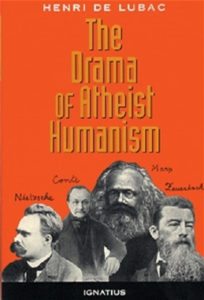 You can find the book
You can find the book 



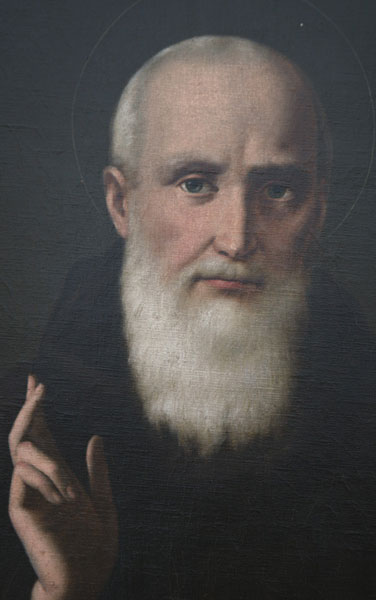 THERE was a man of venerable life, Benedict by name and grace, who from the time of his very childhood carried the heart of an old man. His demeanour indeed surpassing his age, he gave himself no disport or pleasure, but living here upon earth he despised the world with all the glory thereof, at such time as he might have most freely enjoyed it. He was born in the province of Nursia of honourable parentage and sent to Rome to study the liberal sciences. But when he saw there many through the uneven paths of vice run headlong to their own ruin, he drew back his foot, but new-set in the world, lest, in the search of human knowledge, he might also fall into the same dangerous precipice. Contemning therefore learning and studies and abandoning his father’s house and goods, he desired only to please God in a virtuous life. Therefore he departed skilfully ignorant and wisely unlearned.
THERE was a man of venerable life, Benedict by name and grace, who from the time of his very childhood carried the heart of an old man. His demeanour indeed surpassing his age, he gave himself no disport or pleasure, but living here upon earth he despised the world with all the glory thereof, at such time as he might have most freely enjoyed it. He was born in the province of Nursia of honourable parentage and sent to Rome to study the liberal sciences. But when he saw there many through the uneven paths of vice run headlong to their own ruin, he drew back his foot, but new-set in the world, lest, in the search of human knowledge, he might also fall into the same dangerous precipice. Contemning therefore learning and studies and abandoning his father’s house and goods, he desired only to please God in a virtuous life. Therefore he departed skilfully ignorant and wisely unlearned.


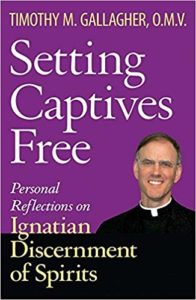

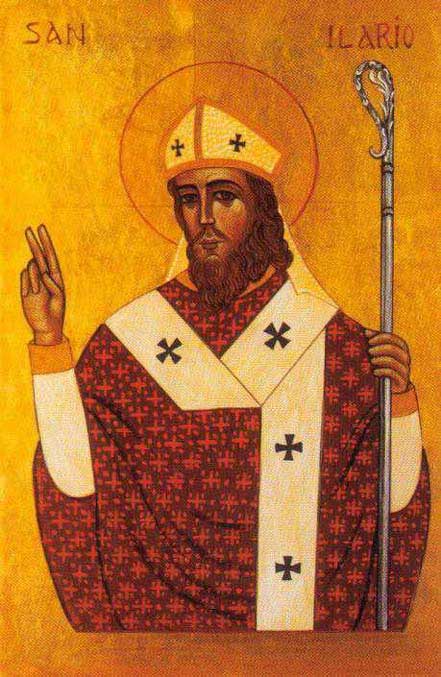
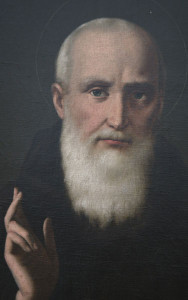 THERE was a man of venerable life, Benedict by name and grace, who from the time of his very childhood carried the heart of an old man. His demeanour indeed surpassing his age, he gave himself no disport or pleasure, but living here upon earth he despised the world with all the glory thereof, at such time as he might have most freely enjoyed it. He was born in the province of Nursia of honourable parentage and sent to Rome to study the liberal sciences. But when he saw there many through the uneven paths of vice run headlong
THERE was a man of venerable life, Benedict by name and grace, who from the time of his very childhood carried the heart of an old man. His demeanour indeed surpassing his age, he gave himself no disport or pleasure, but living here upon earth he despised the world with all the glory thereof, at such time as he might have most freely enjoyed it. He was born in the province of Nursia of honourable parentage and sent to Rome to study the liberal sciences. But when he saw there many through the uneven paths of vice run headlong